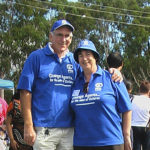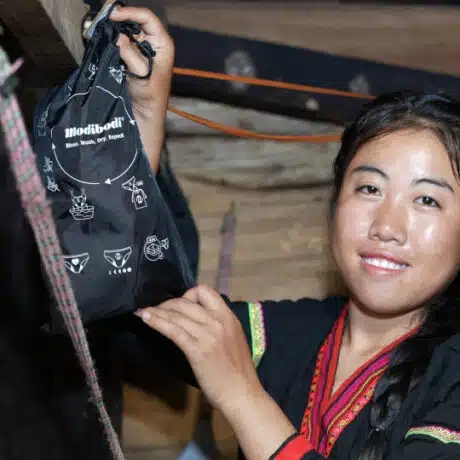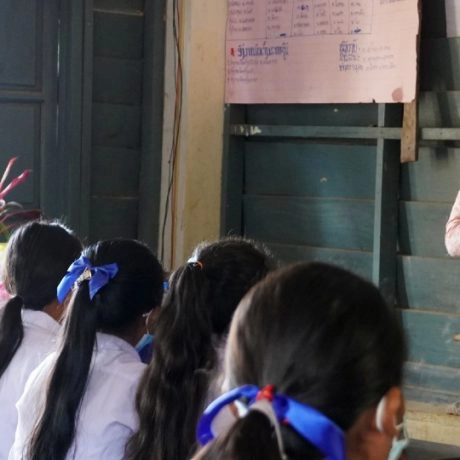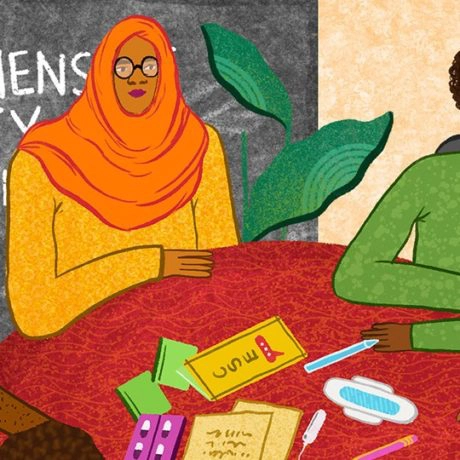News and Stories - Sexual health - 15 September 2019
Celinda’s story

Almost every issue affecting girls today boils down to one thing: a lack of options. A lack of choice is what holds girls back. From getting an education. From reaching their potential. And from choosing when and if they want children. At only 15, Celinda had this choice made for her.
When a girl is denied access to basic information about her own body and health, unplanned pregnancy becomes a very real outcome. And when a girl does unintentionally become pregnant, the reality is often social isolation, health complications and an end to her education.
Growing up in the mountains of Bougainville, Celinda didn’t have comprehensive sexual education at school. There was no health clinic she could visit to seek advice. Nobody really talked about how you got pregnant – or what a pregnancy could mean for her life.
When Celinda was only 13, a man eight years older than her started following her to school. “Sometimes he would ask me to go back to his village and I would refuse. I was going to school one day and that time I did not refuse him. He was 21,” said Celinda.
Still a child, Celinda didn’t know what this would mean for her life. But a year after she went to live with the man, she was pregnant. She’d stopped going to school, and, like too many girls in her situation, her pregnancy had isolated her from many in her community.
Because of this, Celinda stayed silent about the violence she was experiencing at home. “He always beat me. We did not live well together. When nobody saw me, that’s when he beat me,” she said.
When it was time for Celinda to deliver her baby, there was no way to get her to the hospital in time. She gave birth to her son behind some bushes, and didn’t see a doctor. Her husband died shortly after, so at only 16, she was a single parent.
No girl should be denied the information she needs to be make informed choices about her health, body and future. This is what Plan International community health workers like Rosemary and Jennifer are working to change.
These dedicated Plan International community health workers are educating girls like Celinda around their reproductive health, working with boys, parents and teachers to change behaviours that harm girls, and plugging the missing gap in health services.
They provide a safe space where girls can learn and ask questions, and help girls who do become pregnant access maternal healthcare.
Thanks to these community health workers, more and more girls now have access to the critical health information and support they need to live the life they choose.
If you would like to support this critical work so that girls like Celinda can decide their own future, you can donate here.





